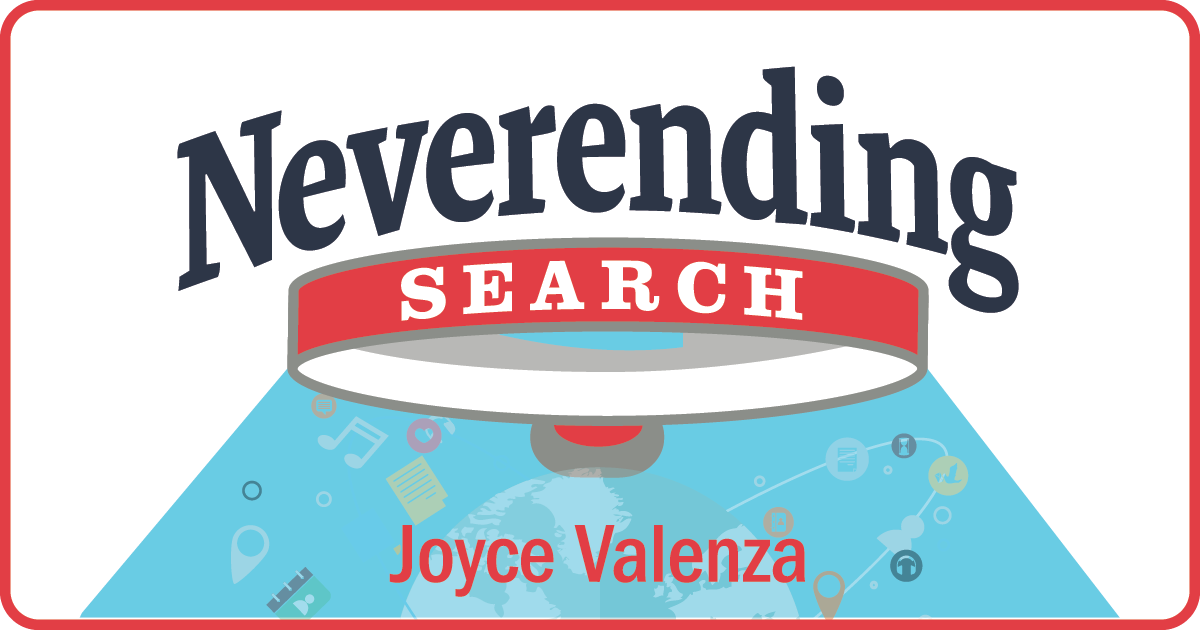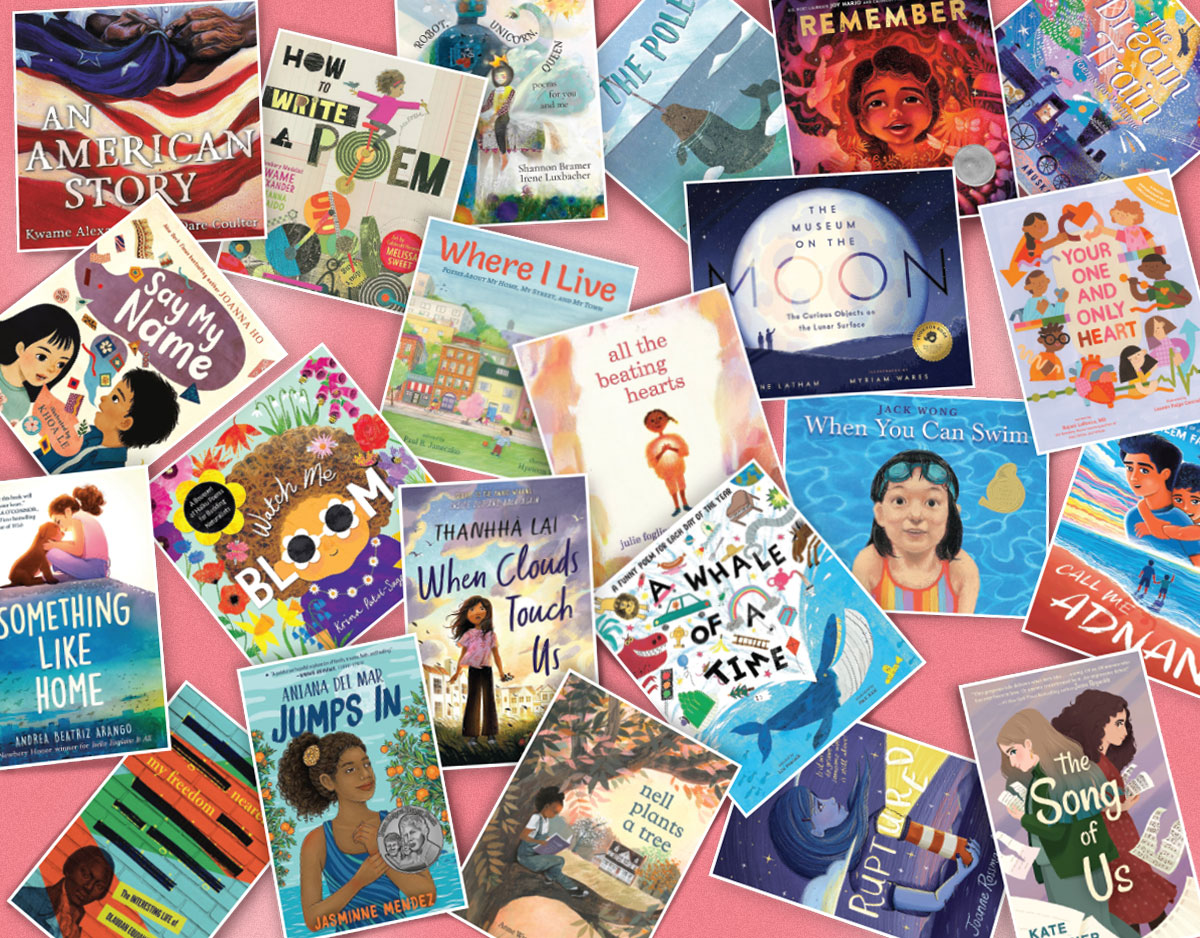SCROLL DOWN TO READ THE POST
“Blacklisting” the Web?
I’ve shared two videos and included an infographic in this post. If SOPA or Protect IP should pass Congress, the government could instantly and without question remove this blog from the Internet, and by doing so, remove the entire School Library Journal site as well.
Two pieces of proposed legislation could change the game completely for those of us who teach, write, share, and create online. And for our students. And for the sites that host our content. And for the sites that help us access media and information. And for our understandings about fair use.
ADVERTISEMENT
ADVERTISEMENT
Supported by the music and movie industries, drug manufacturers, and the U.S. Chamber of Commerce to combat piracy, counterfeiting, and significant loss of revenues, the House Stop Online Piracy Act (SOPA) and the Senate Protect IP Act, would punish third-party Web firms if copyrighted content appears on their sites. (Apparently the legislation is now also being promoted as a solution to the jobs crisis.) And apparently, representatives from the technology industry were not invited to the table for these discussions.
As the Washington Post noted yesterday, opposition has gone viral.
In Stop the Great Firewall of America, a New York Times‘ op-ed piece, former CNN Beijing Bureau Chief Rebecca MacKinnon compares this possibility to Chinese-brand censorship:
China operates the world’s most elaborate and opaque system of Internet censorship. But Congress, under pressure to take action against the theft of intellectual property, is considering misguided legislation that would strengthen China’s Great Firewall and even bring major features of it to America.
The legislation — the Protect IP Act, which has been introduced in the Senate, and a House version known as the Stop Online Piracy Act — have an impressive array of well-financed backers, including the United States Chamber of Commerce, the Motion Picture Association of America, the American Federation of Musicians, the Directors Guild of America, the International Brotherhood of Teamsters and the Screen Actors Guild. The bills aim not to censor political or religious speech as China does, but to protect American intellectual property. Alarm at the infringement of creative works through the Internet is justifiable. The solutions offered by the legislation, however, threaten to inflict collateral damage on democratic discourse and dissent both at home and around the world.
I am not an intellectual property expert, but I am a big fan of respect for intellectual property. I am also a big fan of balance and fairness and free speech.
It is my understanding that these acts overturn longstanding and accepted principles of the safe harbors of the DMCA in favor of severe government and corporate enforcement mechanisms.
It is also my understanding that they threaten serious penalties, providing no opportunity for pre-enforcement judicial review. They propose compliance measures typically reserved for matters of national security, not for common business disputes.
We don’t know what the true losses might be should these acts go through, but I worry about such things as blocked content, compromised privacy, limited creativity, criminalized remix, threatened democratic and political speech, stifled online inventiveness, bankrupted start-ups, reluctance to exercise fair use, and the breaking the integrity of the hyperlinked world as we know and love it.
To learn more or to take action:
EFF: After the Hearing: SOPA Down But Not Yet Out
SOPA opposition goes viral (Washington Post)
Stop the Great Firewall of America (New York Times)
Battle over Stop Online Piracy Act reaches fever pitch
EFF: Against the Blacklist Bills: Congressmen and Senators Speak Up
SOPA: Why the broken Web should stay broken (ZDNet)
Library Copyright Alliance Voices Concerns Over Anti-Piracy Legislation
After the Hearing: SOPA Down But Not Yet Out
Infographic: the American Censorship Day protests, in numbers and screenshots
Filed under: information ethics, intellectual property, SOPA
About Joyce Valenza
Joyce is an Assistant Professor of Teaching at Rutgers University School of Information and Communication, a technology writer, speaker, blogger and learner. Follow her on Twitter: @joycevalenza
ADVERTISEMENT
SLJ Blog Network
Happy Poem in Your Pocket Day!
This Q&A is Going Exactly As Planned: A Talk with Tao Nyeu About Her Latest Book
More Geronimo Stilton Graphic Novels Coming from Papercutz | News
Environmental Mystery for Middle Grade Readers, a guest post by Rae Chalmers
The Classroom Bookshelf is Moving
ADVERTISEMENT
ADVERTISEMENT







